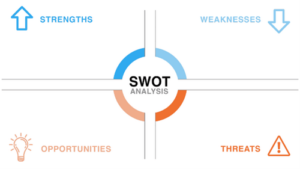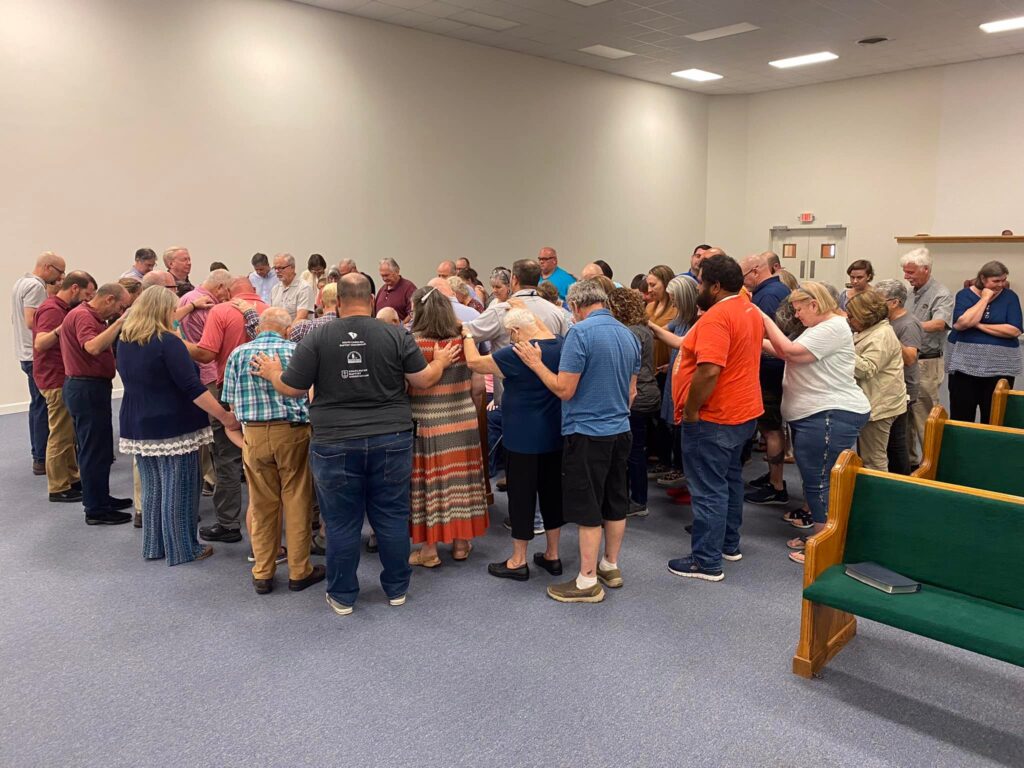A Strategic Reflection on The Gospel and Church Health
The following resource an excerpt from the RE Pastor Cohort for Church Revitalization.
Everything about the church finds its purpose in the death, burial and resurrection of Jesus Christ! Church health comes through gospel focus. It is that simple. Tony Merida, Pastor of Imago Dei Church, challenges us to focus on how the gospel can create a healthy culture and mission in our churches. He writes,
“So, let’s seek to create a gospel-centered culture in our churches and ministries. Exemplify gospel centrality in your personal life. Apply the gospel in your teaching. See the gospel in the church’s ordinances. Pray the gospel. Sing the gospel. Saturate your groups and classes with the gospel. Advance the gospel through evangelism and church planting. Celebrate the gospel as lives are changed. Evaluate your ministry by carefully noting how the gospel is being proclaimed and magnified.”[1]
Source: The Gospel Coalition, 10 Apr 2018. https://www.thegospelcoalition.org/article/your-church-gospel-centered-think/
If being gospel-centered is essential to being a healthy congregation, shouldn’t we take steps toward creating and strengthening the gospel’s impact on every function of the church? Can you say that your kid’s ministry is saturated with the gospel? What about your discipleship process or even your business meetings? OK, maybe that’s a stretch, but think about it. If the gospel truly impacts the culture of the church because we have been changed by the gospel, then shouldn’t we see evidence of this impact in all we do as a congregation?
Consider Paul’s words in 1 Corinthians. He goes through a series of instructions for the believers to address the sinful behaviors adversely impacting the church before reminding them of the gospel and its impact in chapter 15,
Now I would remind you, brothers, of the gospel I preached to you, which you received, in which you stand, and by which you are being saved, if you hold fast to the word I preached to you—unless you believed in vain” (v. 1-2).
I Corinthians 15:1-2
If the gospel was the prescription for health in the Corinthian Church, shouldn’t we also consider its importance and impact in our local congregations today?
Self- Assessment: Where Are Our Opportunities for Strengthening Our Gospel-Centrality
Borrowing a tool from strategic planning, a S.W.O.T. analysis gives leaders an opportunity to complete a four-fold assessment of an organization or ministry.
Using four quadrants, you can visually identify strengths, weaknesses, opportunities, and threats (as you perceive them).
Grab a blank sheet of paper or a white board and work through the four quadrants as you (or your lead team) reflect on your current gospel centrality.

- S IS FOR STRENGTHS
o What are we doing well when it comes to gospel-centered ministry?
o How are we making the biggest Kingdom impact?
- W IS FOR WEAKNESSES
o Where can we grow to be more gospel-centered?
o Where are we spending time and energy without results?
- O IS FOR OPPORTUNITIES
o Where is our untapped potential for gospel-centered ministries?
o What is something new or innovative we could consider?
- T IS FOR THREATS
o What hurdles do we need to overcome that might be limiting our gospel impact?
o Are there any potential issues that need our attention?
Debrief your analysis with a peer, mentor, or your ministry team using the questions below:
- Choose one strength and explain why you placed it in that category.
- Choose one opportunity and explain why you placed it in that category.
- Choose one weakness and explain why you placed it in that category.
- Choose one threat and explain why you placed it in that category.
- Are there any of the marks that you would like to discuss further with your peers to gain their feedback?

Strengthening Your Gospel Impact
Now, let’s conclude by creating a couple action steps to help you lead your congregation toward greater gospel-centrality and impact. Based on your S.W.O.T. analysis, make a punch list of “To Do” items by completing the following sentence:
Turn your ideas into action by identifying clear next steps toward becoming more gospel-centered and healthier as a local church.
- What will you do?
- Who will be responsible for the action step?
- What resources need to be allocated to ensure success?
- What, if any, adjustments need to be made to maximize potential?
Church health comes through gospel focus. May the Lord guide your steps as you seek to make the gospel of upmost importance in the life and ministry of the church.
Author: James Nugent, Director of Church Strategies
This resource has been provided by the Church Strategies Group of the South Carolina Baptist Convention and the generous contributions of our churches.



